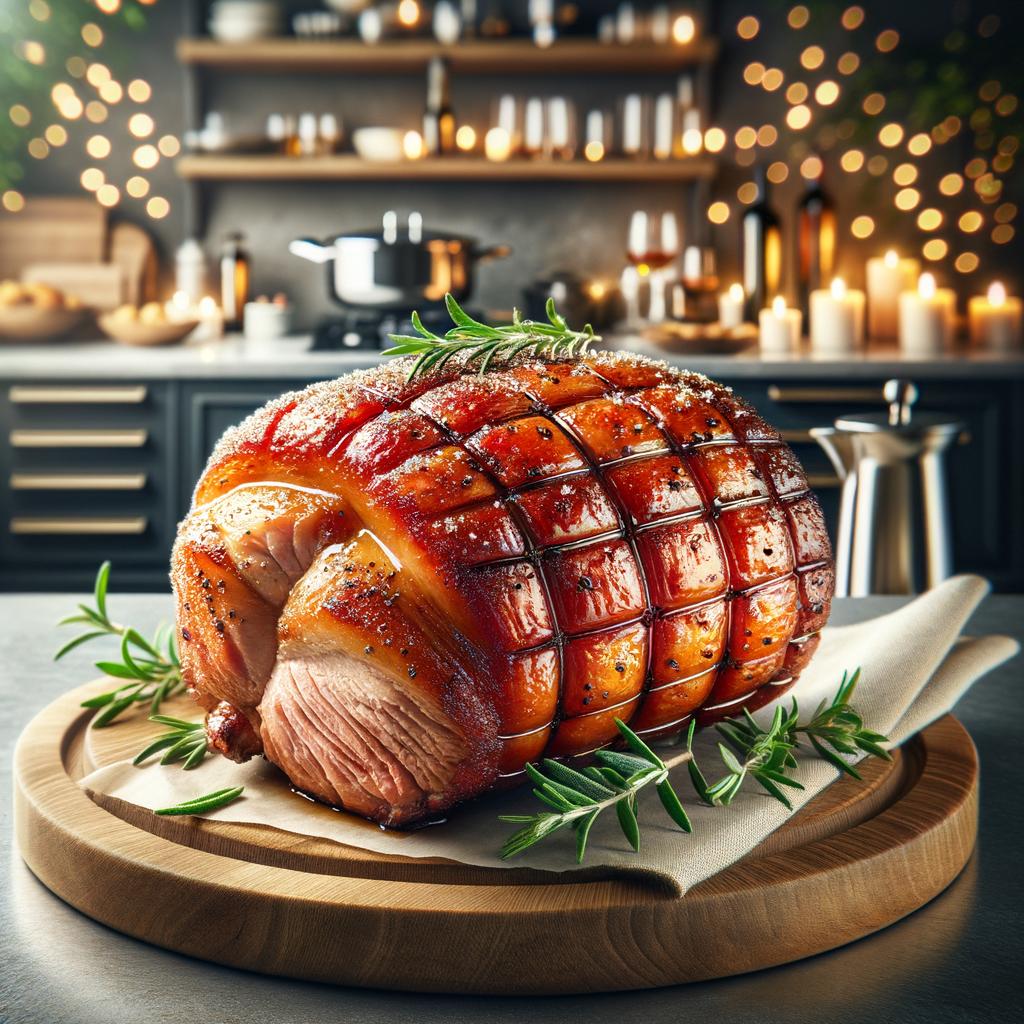Roast Pork

Description Roast pork, a sumptuous and succulent ingredient, is a beloved centerpiece of many meals worldwide. It boasts a visually appealing golden-brown hue when perfectly cooked, with the skin crisping into a delightful crackling that contrasts beautifully with the tender, juicy meat beneath. The flavor profile of roast pork is a harmonious blend of savory and sweet, with the natural sweetness of the pork enhanced by the roasting process. It's the lovely layer of fat that sets roast pork apart from other meats, as it melts during roasting, infusing the meat with its rich, flavorful juices.
Primary Uses Roast pork is a versatile ingredient that holds a revered place in various cuisines. From the British Sunday roast to the Italian porchetta, the German schweinebraten, and the Chinese siu yuk, roast pork is a key component of many traditional dishes. It's often served with a variety of accompaniments, such as mashed potatoes, roasted vegetables, or tangy apple sauce, each complementing its rich flavors. While roast pork is primarily a culinary delight, it also holds cultural significance in many societies, often served during festive occasions or celebrations.
History The history of roast pork is as rich and varied as its flavor. The tradition of roasting pork dates back to ancient times, with evidence of pig domestication and consumption as early as 5000 BC. In the Middle Ages, roast pork became a symbol of abundance and prosperity, often served at banquets and feasts. In Chinese culture, roast pork or 'siu yuk' is associated with celebrations and family gatherings, symbolizing unity and happiness. Over time, roast pork has remained a beloved dish, its popularity transcending borders and cultures.
Nutritional Information Roast pork is a powerhouse of nutrition. It's an excellent source of high-quality protein, essential for muscle growth and repair. It also provides a range of vitamins and minerals, including B-vitamins, zinc, and selenium. The fat in pork is a mix of saturated and unsaturated fats, with the latter being heart-healthy. While roast pork is higher in fat than other lean meats, it's this fat that gives it its distinctive flavor and texture. Consumed in moderation, roast pork can certainly be part of a balanced diet. As with all foods, it's about portion control and balance.

